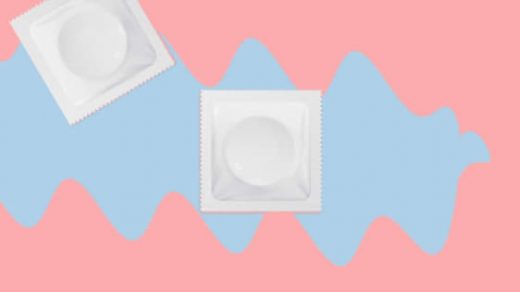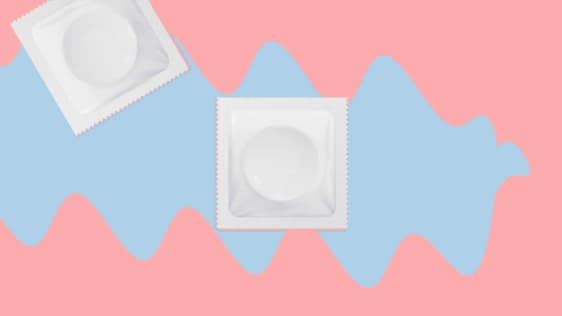This self-lubing condom lasts for 1,000 thrusts–and could change sex
With a $100,000 grant from the Bill and Melinda Gates foundation to build a better condom, researchers from Boston University have developed a prophylactic that needs no lubrication to feel slippery. The breakthrough is a polymer coating, which goes on top of an otherwise typical latex condom during the production process.
“[It] binds to the surface of the latex condom and does not come off,” explains lead researcher Mark Grinstaff. Once the polymer comes into contact with moisture on your skin, “it creates a thin layer of water on the surface which makes it slippery,” he explains.
The scientists behind the tech are leveraging a phenomenon called “hydrophilic” materials. That means the polymer itself attracts water like a magnetic, trapping moisture from the wearer’s skin to create a super-slick surface. (Hydrophilic materials exist in the natural world too; some beetles have adapted to use hydrophilic regions on their backs to find water in the desert.) Not only does the polymer replace the need for pre-lubricated condoms, testers actually reported that the polymer-coated condoms felt “much” more slippery than pre-lubricated condoms on the market today. In a touch test–no one actually wore the condom and used it in intercourse–73% of respondents preferred the polymer-coated condom over non- and pre-lubricated versions.
It may sound like unusual research, but the Gates Foundation has been investing in this area for years–part of the group’s focus on health. Its simple logic? If a condom is easier to put on and more comfortable to wear, people will use them more often–and in turn, reduce unwanted pregnancies and the transmission of STDs like HIV. Self-lubricating condoms could tackle both problems: Poor lubrication, beyond being uncomfortable, can also break condoms during intercourse, rendering them ineffective.
The team hopes to bring a condom with this technology to market in the next year or two, Grinstaff tells Co.Design, and his colleague, Dr. Stacy Chin, founded a company called HydroGlyde Coatings to commercialize the research into a real product. For now, the condom they developed is good for 1,000 thrusts (which the researchers dub “cycles”) before it dries out. “Typical intercourse consists of about 100–500 thrusts,” they explain, which teases a bit of highly personal mental math we’ll leave you to calculate.
Meanwhile, Grinstaff intends to continue research in how this technology might be applied to other products. And if all goes according to plan, the future could be quite slick.
(19)



